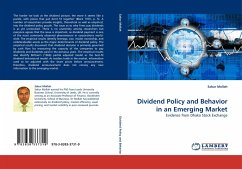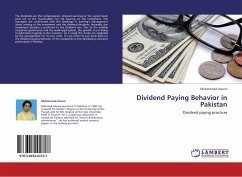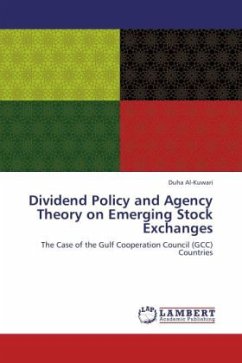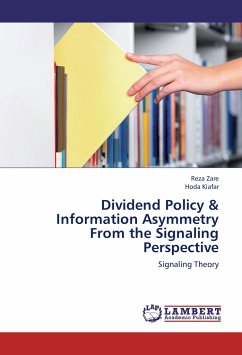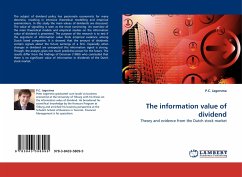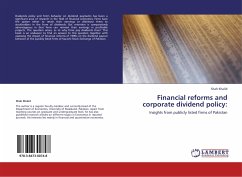'The harder we look at the dividend picture, the more it seems like a puzzle, with pieces that just don't fit together' (Black 1976, p. 5). A number of researchers provide insights, theoretical as well as empirical, into the dividend policy puzzle. The issue as to why firms pay dividends is as yet unresolved. There is no unanimity among researchers but everyone agrees that the issue is important, as dividend payment is one of the most commonly observed phenomenon in corporations world-wide. The empirical results identify leverage, size, insider ownership, and collateralizable assets as the major determinants of dividend policy. The empirical results document that dividend decision is primarily governed by cash flow for measuring the capacity of the companies to pay dividends and dividends paid in the previous years. The empirical results also identify Brittain's (1966) partial adjusted model as the best-fit dividend behavioural model. As insiders trade in the market, information used to be adjusted with the share prices before announcement, therefore, dividend announcement does not convey any new information to the emerging market.
Bitte wählen Sie Ihr Anliegen aus.
Rechnungen
Retourenschein anfordern
Bestellstatus
Storno

